Autoimmune Disease And Fertility
Autoimmune disease and fertility. We do not know how the almost 80 other autoimmune conditions might affect both female and male fertility but it is very reasonable to think that if the immune system is attacking one system it could easily be also attacking the reproductive system. Infertility is defined as 1 year of unprotected coitus without. Evidence also suggests that certain autoimmune processes may influence reproduction and fertility of both sexes.
For some women who have an autoimmune disease pregnancy can improve symptoms such as in Rheumatoid Arthritis. As you can imagine autoimmune diseases such as autoimmune thyroid disease inflammatory bowel disease celiac disease type 1 diabetes and psoriasis can have an effect on a womens fertility. The association of systemic autoimmune conditions with endometriosis celiac disease and thyroid autoimmunity that are well known causes of infertility andor subfertility need to be taken in consideration when difficulties in the onset of pregnancy is reported.
Autoimmune disorders include a wide variety of disorders including many disorders of connective tissue such as systemic lupus erythematosus and rheumatoid arthritis. The short answer is yes. Given that autoimmune disorders differ from one another links between autoimmune disorders and fertility also vary.
Autoimmune Disease and Fertility To assist in the creation of a healthy viable pregnancy To protect the baby during pregnancy and ensure a healthy birth. Autoimmune diseases have a predilection for women of reproductive age. It is known that autoimmune diseases such as diabetes autoimmune thyroiditis and systemic lupus erythematosis are linked to decreased fertility.
The epidemiology and etiology of infertility. These diseases are linked to the most common fertility issues including PCOS endometriosis premature ovarian aging POA and unexplained infertility 12. But there are also specific autoimmune diseases that one should be.
Because abnormal immune function can affect fertility as well as miscarriage risk affected women need two layers of treatment. In the United States. A first layer to conceive and a second to prevent pregnancy loss after conception.
The links between autoimmune diseases and infertility are complex and women with preexisting conditions are at greater risk for infertility than those without them. Pregnancy with an autoimmune disease in the classic medical model will often be classed as high risk.
Some autoimmune diseases may directly attack the ovaries negatively impacting your egg reserve.
Fertility and Autoimmune Disease 1. While many women with autoimmune diseases have normal healthy pregnancies the risk of infertility is heightened among women with autoimmune diseases. SADs often occur in women of childbearing age and can affect fertility. Consideration of these autoimmune disorders in the differential diagnosis of infertility may provide an opportunity to increase the probability of conception and uncomplicated pregnancy as well as modify appropriate medical and fertility treatments. Pregnancy with an autoimmune disease in the classic medical model will often be classed as high risk. Fertility and Autoimmune Disease 1. Evidence that autoimmune disease is associated with infertility is based on an increased SLE prevalence 15 or 2 women found in a cohort of 140 infertile women higher than in fertile women 2. The small sample size however makes the study inconclusive. Some autoimmune diseases may directly attack the ovaries negatively impacting your egg reserve.
The association of systemic autoimmune conditions with endometriosis celiac disease and thyroid autoimmunity that are well known causes of infertility andor subfertility need to be taken in consideration when difficulties in the onset of pregnancy is reported. While the specifics are unknown its thought that autoimmune diseases can affect fertility in a number of ways. Autoimmune disorders are also implicated in reproductive disorders and may especially play a role in unexplained cases of infertility. Consideration of these autoimmune disorders in the differential diagnosis of infertility may provide an opportunity to increase the probability of conception and uncomplicated pregnancy as well as modify appropriate medical and fertility treatments. The small sample size however makes the study inconclusive. These diseases are linked to the most common fertility issues including PCOS endometriosis premature ovarian aging POA and unexplained infertility 12. Similar to other autoimmune diseases autoimmune endocrine diseases affect reproduction including fertility and miscarriage risk even at.
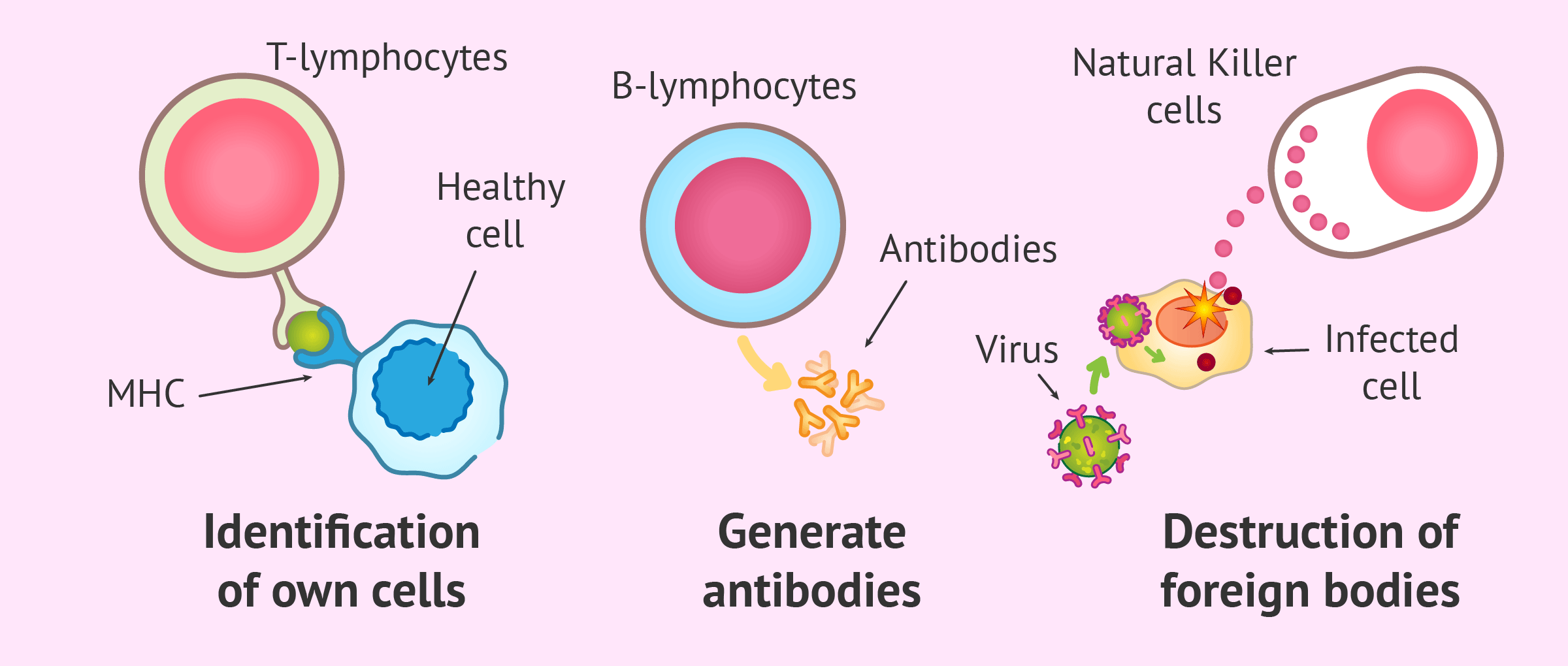




/4019413_color1-5c13dcc1c9e77c00017f08ef.png)





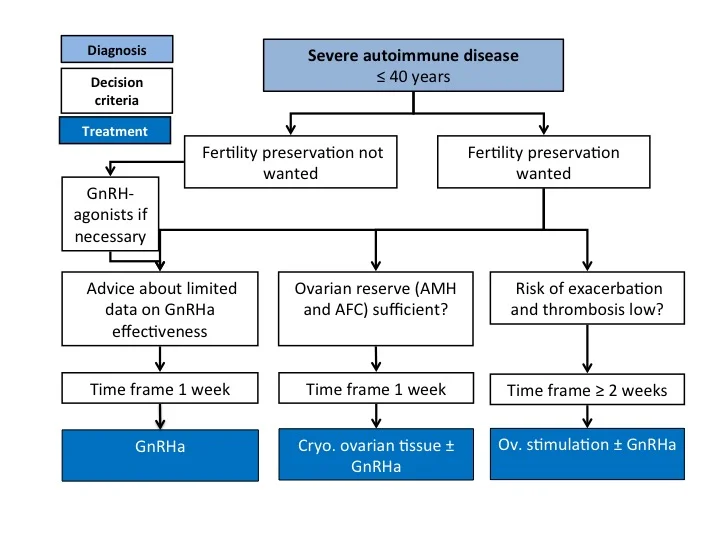














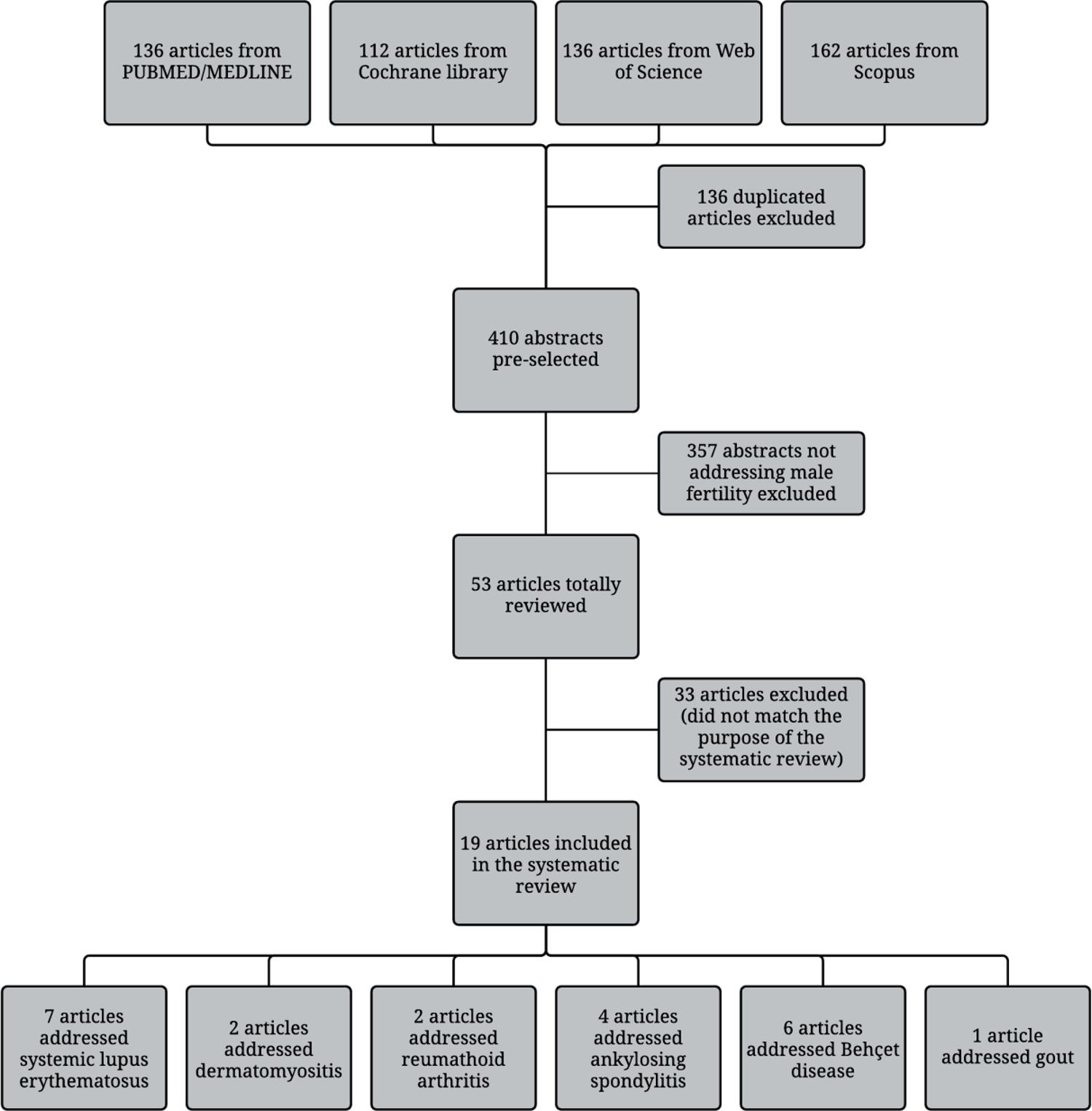


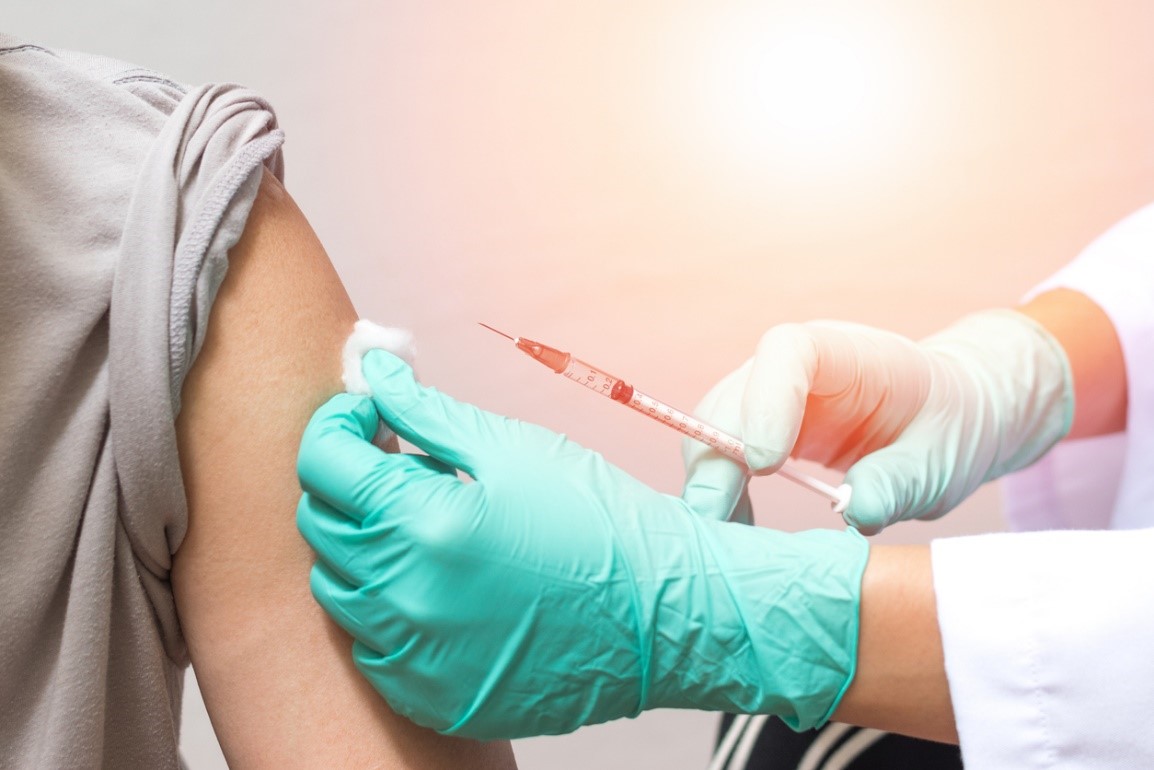
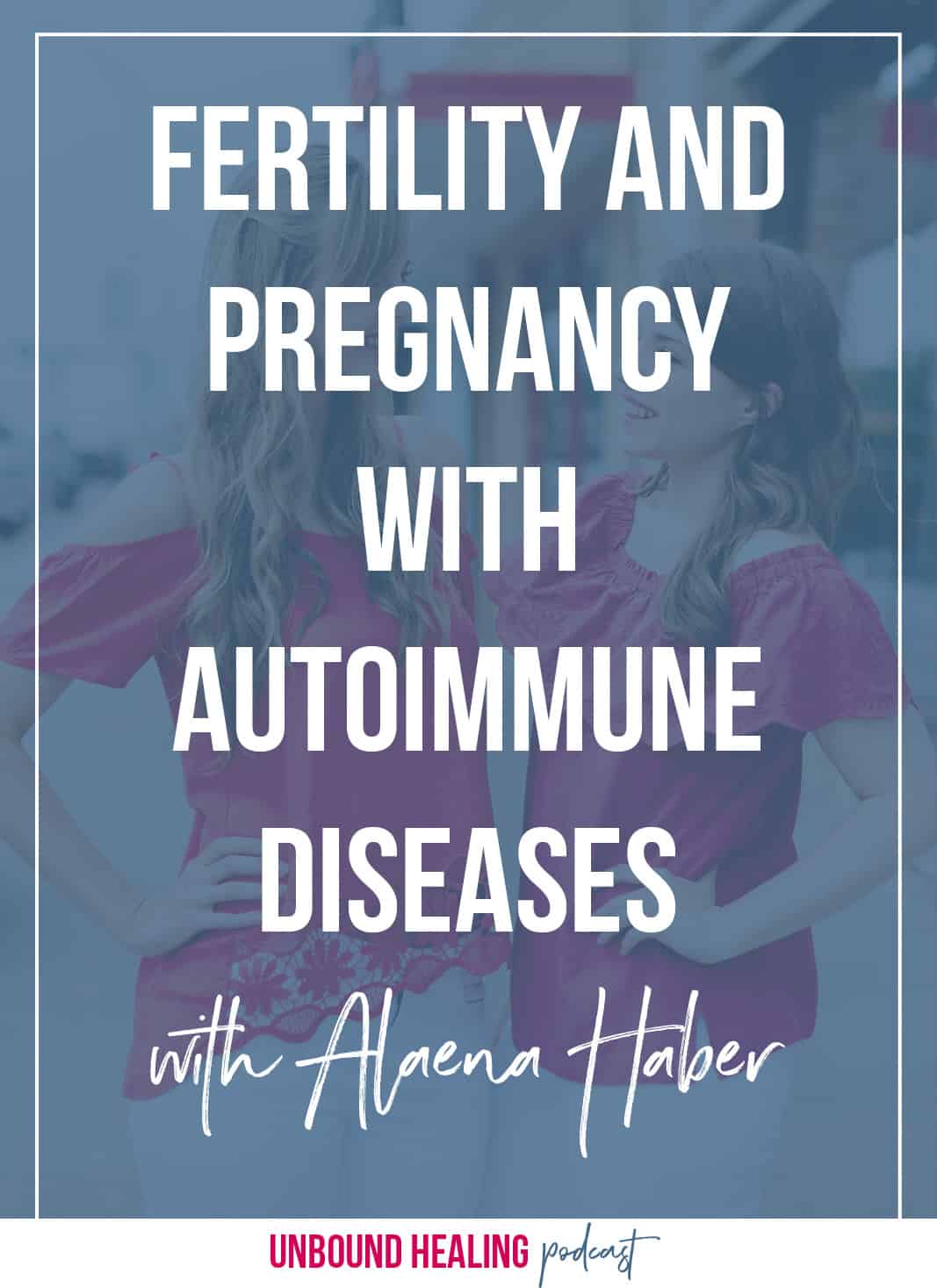
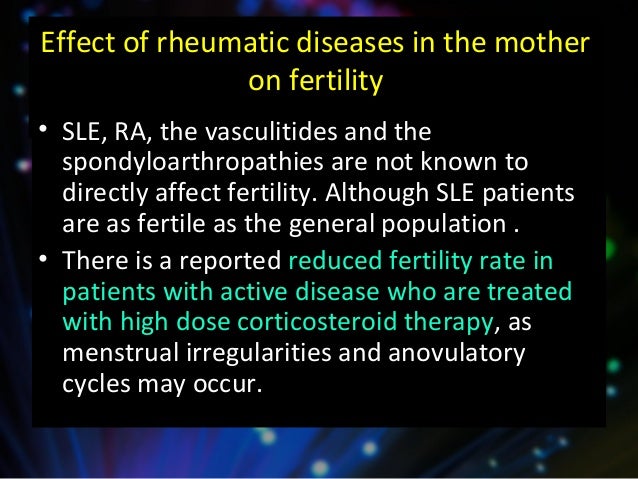










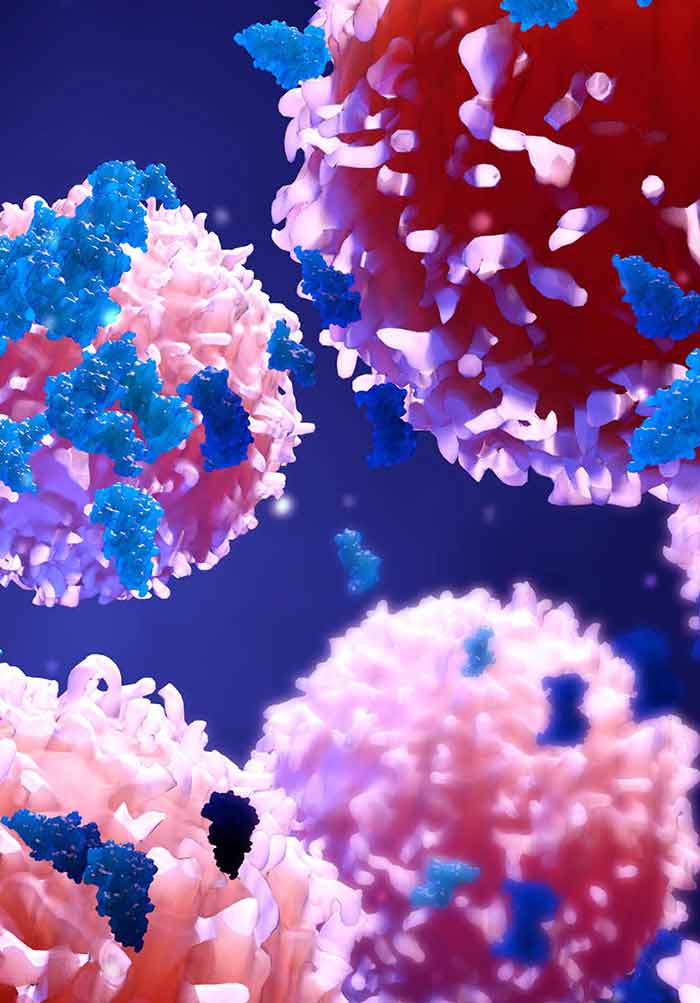





Post a Comment for "Autoimmune Disease And Fertility"